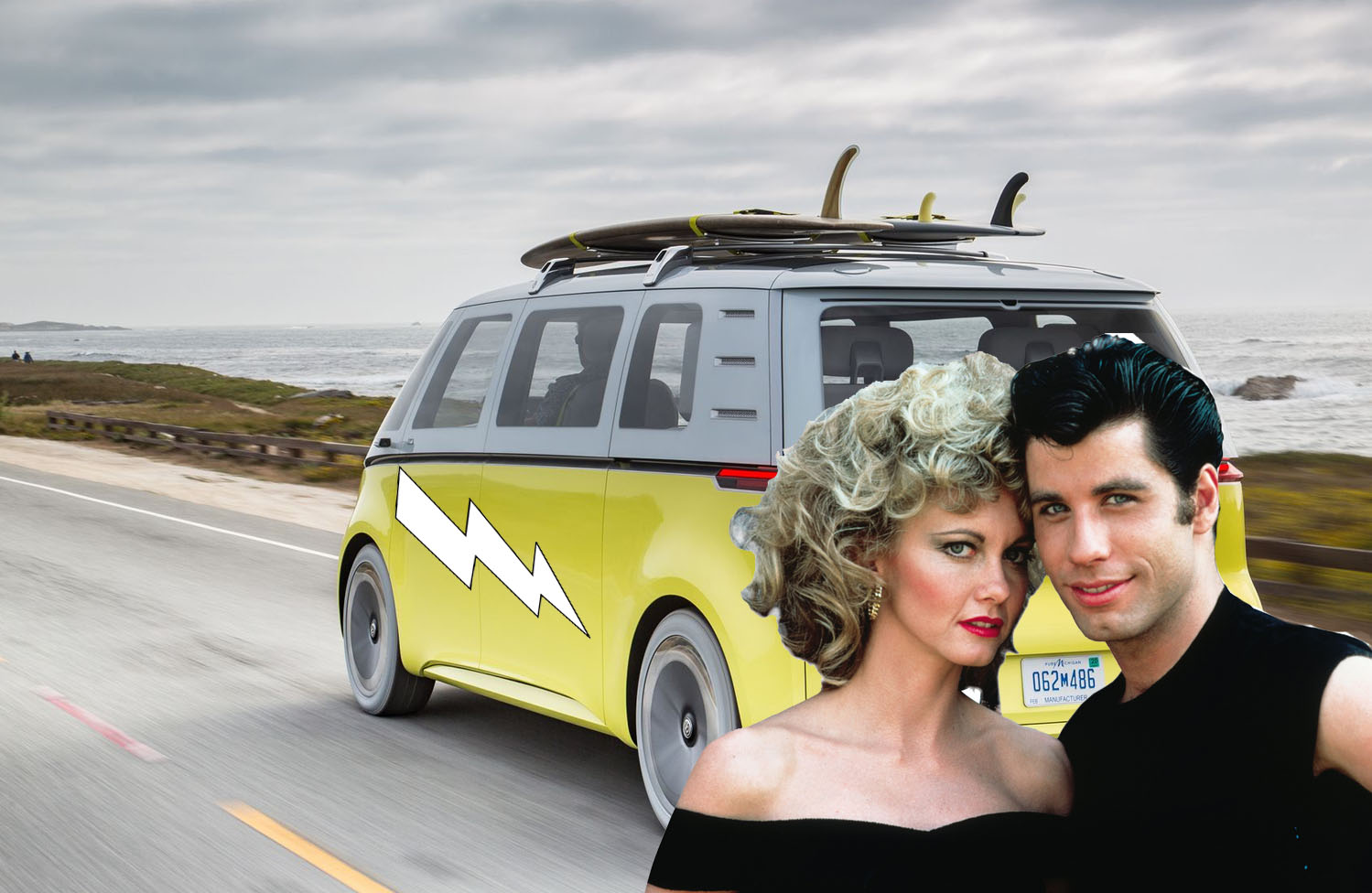It wasn’t long ago that a man named Danny Zuko expounded to the world that he had chills that were increasing by the moment, and the feeling was so intense, he could only describe it as ‘electrifying.” Though most aren’t aware of this, Zuko was speaking on his excitement for the future of the automotive industry and the potential renewable energies that would be implemented in due time. I posit that Zuko’s words inspired engineers and brilliant thinkers, the world over, to look into electric-powered vehicles, I mean, why else would he name his own car “Greased Lightning!” Accurate predictions via pop culture film dialogue aside, there will come a time, in the not too distant future, where we will run out of fossil fuels and our cars will be powerless. That is unless major automakers start aggressively expanding their scope into developing vehicles powered by alternative sources of energy.
Several months ago, General Motors (GM) took over the headlines when the company announced plans to shut down five of its US factories and eliminate the jobs of over 14,000 people over the course of the next two years. GM (GM) claimed that their reasoning for the factory shutdowns and firing spree was due to dwindling consumer interest in cars like the Chevy Cruze, and the move would free up $6 billion for the company to play with. In direct retaliation to the move made by the automaker, the White House said Monday that it will be enacting policies to eliminate corporate subsidies for manufacturing and purchasing electric cars. As it stands, automakers get anywhere from $2,500 to $7,500 subsidy in the form of a tax credit for consumers for their first 200,000 electric vehicles, according to Vox. As of recent, Tesla (TSLA) already hit their cap for these subsidies and GM (GM) will soon do the same.
Several auto experts have pointed out that the very notion that automobile manufacturers are hitting their electric vehicle subsidy caps is an indication of significant visceral changes occurring in the automotive industry. Nearly a decade ago, America was fighting its way out of the worst recession since the Great Depression, and yet, I distinctly remember consumers flocking in droves to GM (GM) dealers to purchase heavily discounted Hummers and other large SUVs. Nowadays, you can count on one hand the number of drivers who purchase new Hummers, whereas you see so many hybrids and electric vehicles that you have to check your phone calendar to make sure you aren’t in the future.
According to recent statistics released by InsideEVs, nearly one million electric vehicles have been sold in the US since December 2010 through the end of September 2018. The report projects there will be 18.7 million electric vehicles driving on US roads in the next ten to twelve years. The original plan was for the auto industry to hit one million EVs by 2015, but I believe its fair to say that former President Barack Obama and President Donald Trump have different perspectives on the future of our planet’s climate and what it means to be ‘energy efficient.’ This concept is clear when we consider the fact that Trump was so distraught with the loss of 14,000 automotive jobs that he threatened the entire automotive sector by taking away their precious electric vehicle subsidy.
Trump has worked very hard to cement the United States as “the world’s largest crude oil producer” and according to the U.S. Energy Information Administration (EIA), 140.43 billion gallons gasoline are used in America, alone, each year. If automakers and consumers receive incentives for opting towards electric vehicles, this will undoubtedly have an effect on the revenue streams of global oil producers, ultimately resulting in an unhappy President Trump.
Despite President Trump’s attempt to squander any potential moves by automakers that would otherwise disrupt the global crude market, automotive manufacturers have continued to research and put in motion plans for producing the next generation of electric vehicles. One such company, Volkswagen (VLKAF), announced on Monday that it will spend $800 million to expand their Chattanooga, Tennessee location to ramp up production on their line of electric vehicles. Considering that VW (VLKAF) was accused of that whole emissions cheating scandal a couple years back, it makes sense that the Company is trying to earn back a favorable public opinion.
“The expansion of the plant will create up to 1,000 new jobs plus additional jobs at suppliers. The first electric car from Chattanooga is to roll off the production line in 2022. Over the next few years, eight MEB plants are to be developed in Europe, North America, and China. Volkswagen is building up the production capacity needed to sell more than 1 million electric cars per year by 2025.”
–VW corporate announcement regarding electric vehicles
In addition to the news regarding their domestic operations, VW Group (VLKAF) said that they intend to commit nearly $50 billion through 2023 toward the development and production of electric vehicles for the global automotive marketplace.





